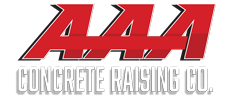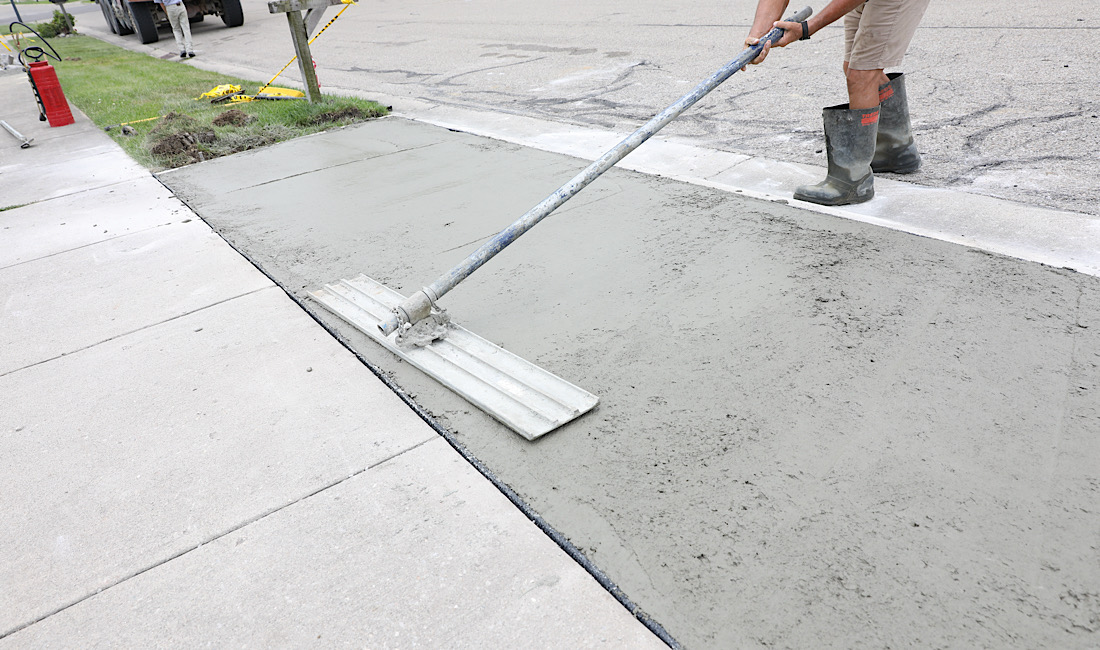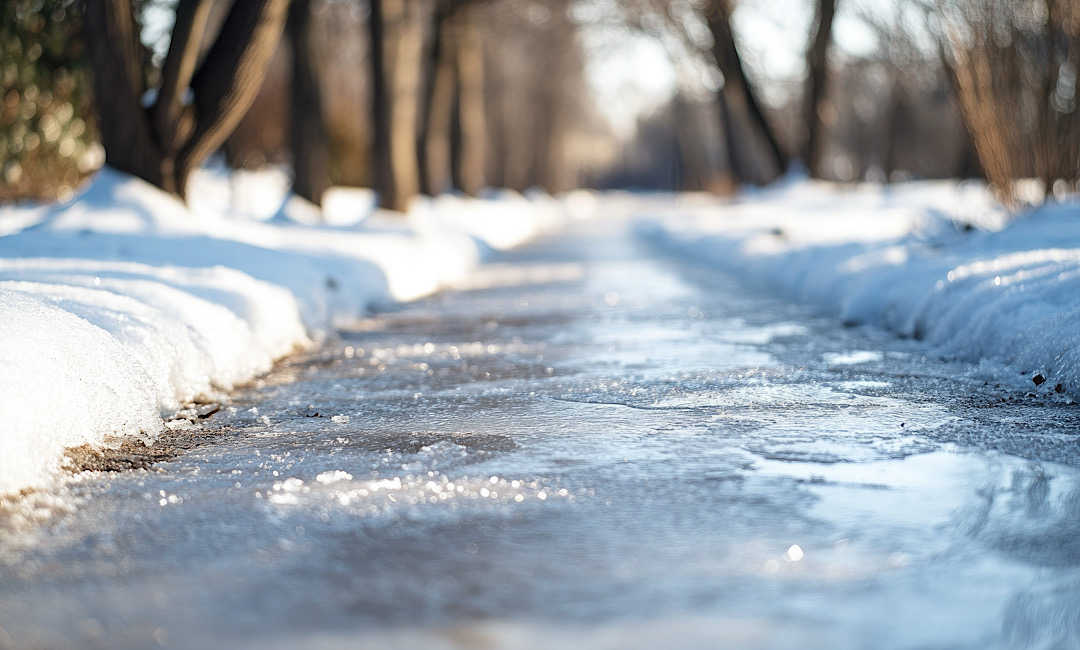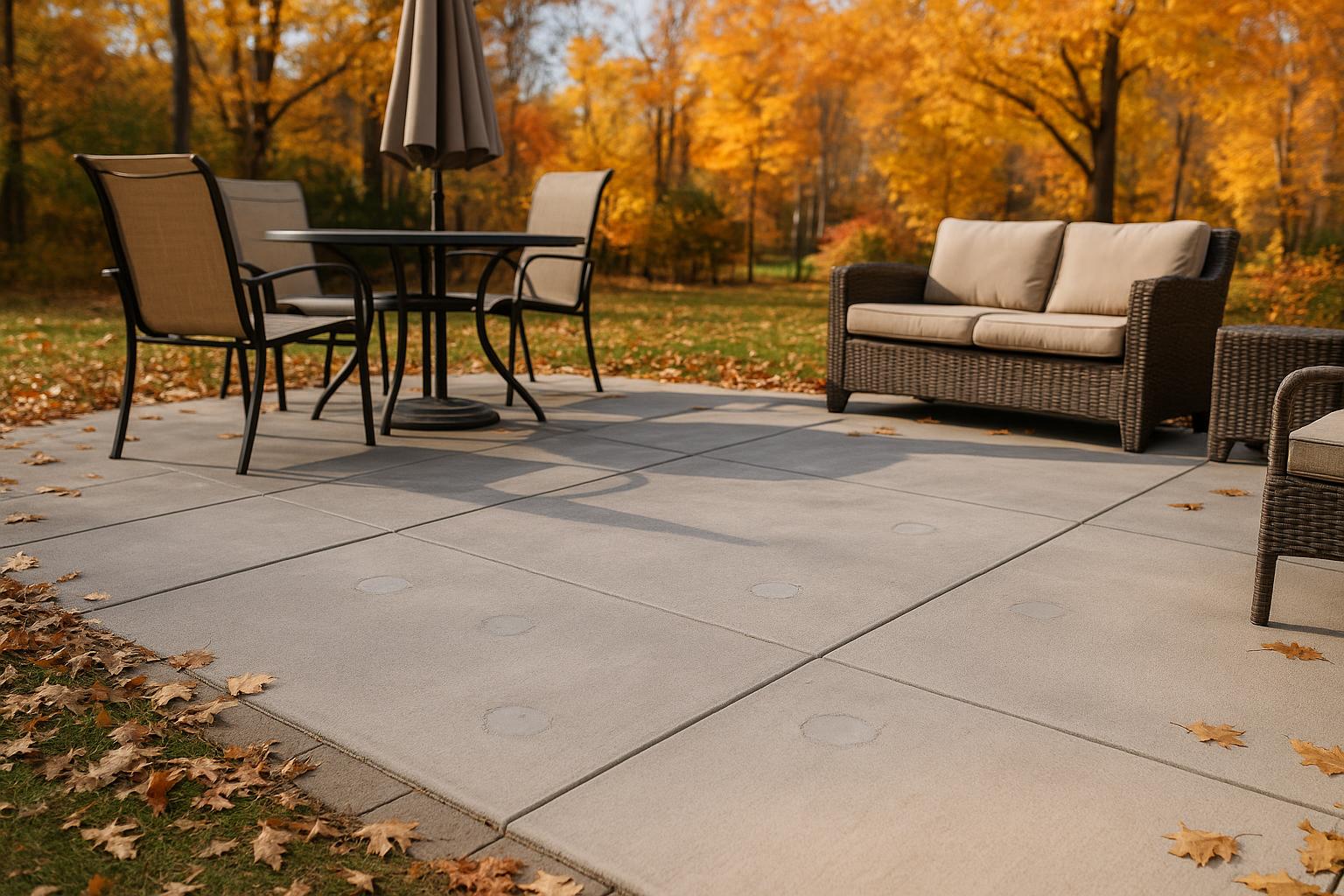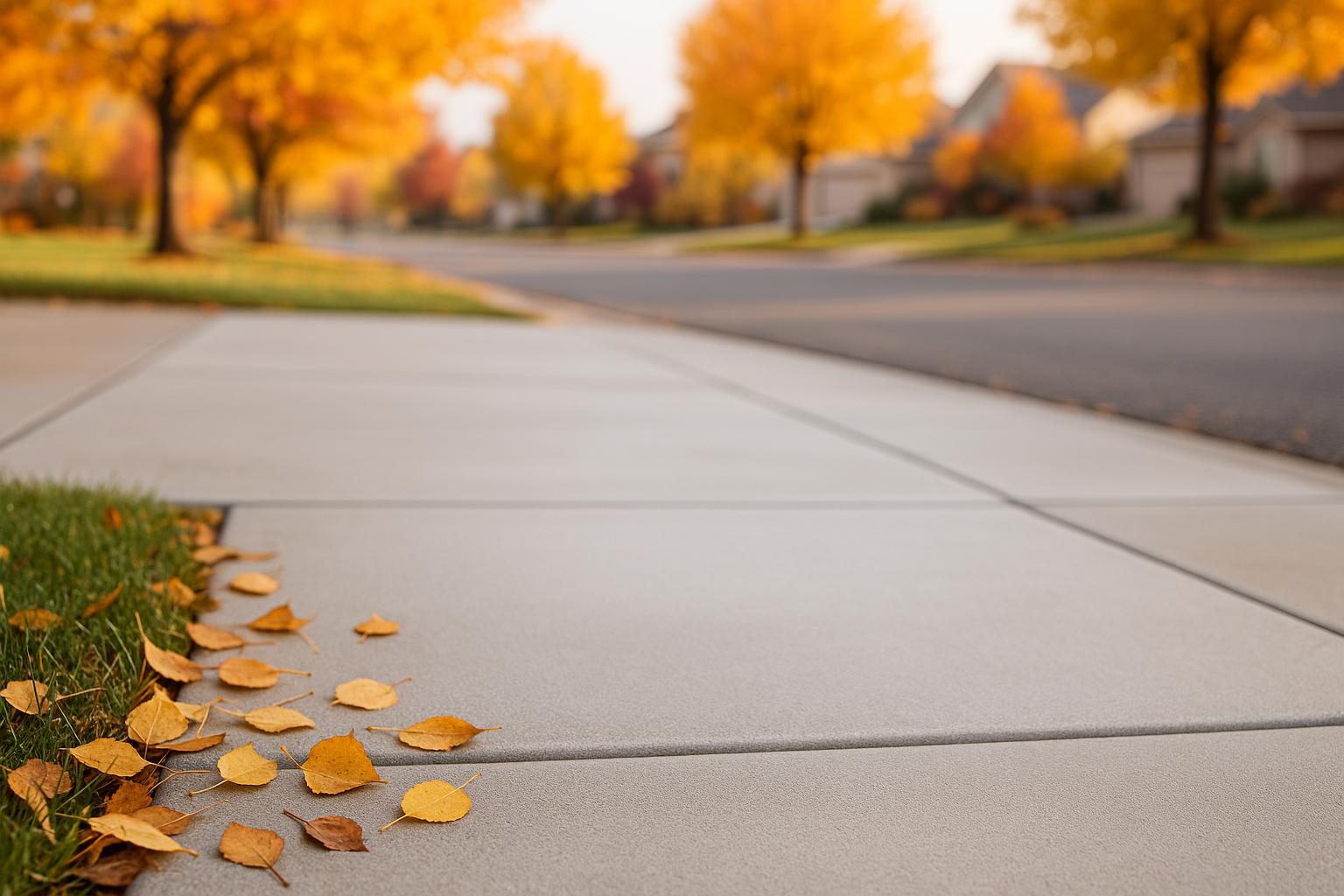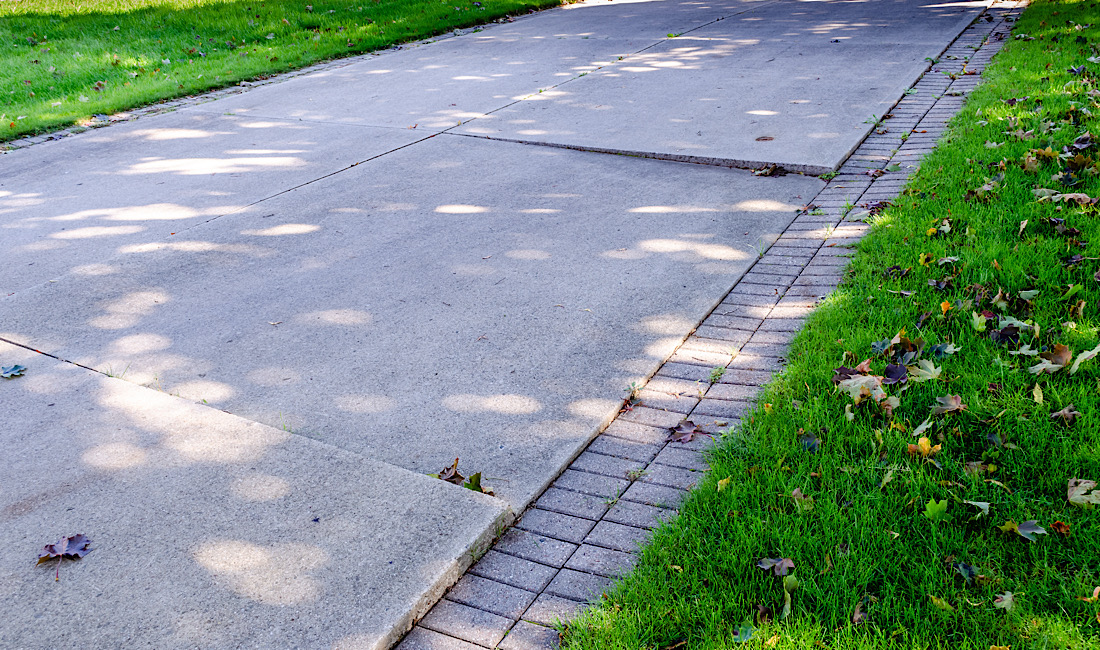As spring approaches in Denver, homeowners often face the challenges of melting snow and seasonal rainfall. Uneven concrete surfaces, whether in driveways, patios, or walkways, can exacerbate water pooling and drainage problems, leading to potential flooding. Addressing these issues before the onset of spring is essential to protect your property and maintain a safe, functional environment.
Denver’s fluctuating temperatures and freeze-thaw cycles make concrete vulnerable to shifting, sinking, and cracking. Concrete leveling solutions, such as mudjacking or polyurethane foam injection, are effective methods to restore surfaces and prevent water damage. Taking action now can save you from costly repairs and prevent the inconvenience of spring flooding.
How Uneven Concrete Leads to Spring Flooding
Uneven concrete poses risks beyond tripping hazards and aesthetic concerns. When concrete slabs settle or shift, they create low points where water collects, disrupting proper drainage. Here’s how uneven concrete contributes to spring flooding:
Water Pooling
Melting snow and spring rains naturally flow toward the lowest point on a surface. Uneven concrete creates dips and pockets, trapping water that would otherwise drain away. Over time, this pooling can:
Erode Soil: Excess water saturates the ground, weakening the support beneath the concrete.
Cause Foundation Damage: Prolonged exposure to standing water near your home’s foundation increases the risk of cracks and leaks.
Promote Mold Growth: Pooling water can seep into nearby structures, encouraging mold and mildew in basements or crawl spaces.
Disrupted Drainage Systems
Uneven slabs interfere with the natural slope required for proper drainage. This can divert water toward areas it shouldn’t go, such as your home’s foundation or landscaped areas. Poor drainage also increases the likelihood of:
Runoff Issues: Water flowing toward your garage, garden beds, or other vulnerable areas.
Clogged Drains: Debris carried by misdirected water can block drains, worsening flooding problems.
Freeze-Thaw Damage
Water pooling in uneven areas is more likely to freeze during Denver’s chilly spring nights. This exacerbates damage by expanding cracks or causing further heaving of the concrete.
Benefits of Fixing Uneven Concrete Before Spring
Repairing uneven concrete ahead of spring offers numerous advantages, including improved drainage, enhanced safety, and long-term savings.
Prevents Water Damage
By leveling concrete surfaces, you eliminate low points where water can pool. This reduces the risk of water infiltration into your home’s foundation and prevents soil erosion around your property.
Enhances Property Safety
Standing water creates slippery surfaces, posing a safety hazard for family members and visitors. Addressing uneven concrete ensures safer pathways and driveways during the wet spring months.
Saves Money
Taking preventive action is always more cost-effective than repairing extensive damage caused by water intrusion or soil erosion. Concrete leveling is a quick, affordable solution compared to full slab replacement or costly foundation repairs.
Improves Curb Appeal
Smooth, even concrete not only looks better but also improves the overall functionality of your outdoor spaces. Fixing uneven areas before spring creates a polished appearance and increases property value.
Concrete Leveling Solutions for Denver Homes
Concrete leveling is the preferred method for repairing uneven slabs without the need for costly replacement. In Denver, techniques such as mudjacking and polyurethane foam injection are commonly used due to their efficiency and durability.
Mudjacking
Mudjacking involves injecting a slurry mixture beneath the sunken concrete to lift it back to its original position. This method is:
Cost-Effective: Mudjacking is more affordable than replacing concrete slabs.
Eco-Friendly: The materials used are natural and minimize waste.
Reliable for Heavy Slabs: Ideal for driveways and other large, heavy surfaces.
Polyurethane Foam Injection
Polyurethane foam injection uses a lightweight foam material that expands to fill voids under the concrete, lifting it evenly. Key benefits include:
Quick Set Time: Foam cures within minutes, allowing immediate use of the repaired surface.
Durability: The material is resistant to water, making it ideal for Denver’s wet spring season.
Precision: Foam injection provides a high degree of control for precise leveling.
Steps to Address Uneven Concrete
Homeowners can follow these steps to prepare for and repair uneven concrete before spring arrives:
Inspect Your Property: Walk around your property to identify sunken, cracked, or uneven slabs. Pay special attention to areas near drainage systems or foundations.
Assess Drainage Patterns: Check for water pooling during snowmelt or rainfall to pinpoint problem areas.
Schedule Professional Repairs: Contact a trusted concrete leveling service, such as AAA Concrete Raising, to evaluate and repair uneven surfaces.
Seal Cracks: Seal any existing cracks to prevent further water intrusion during the wet season.
Plan Preventive Maintenance: Apply a concrete sealant and regularly inspect your surfaces to catch potential issues early.
Why Choose AAA Concrete Raising for Denver Concrete Repairs
AAA Concrete Raising specializes in concrete leveling solutions designed to address Denver’s unique climate challenges. With expertise in mudjacking and polyurethane foam injection, our team delivers durable, cost-effective repairs that restore your property’s functionality and appearance.
By fixing uneven concrete now, you can prevent water pooling, improve safety, and protect your property from spring flooding. Don’t wait for the damage to worsen—contact AAA Concrete Raising today to schedule a consultation and ensure your home is ready for the season ahead.
